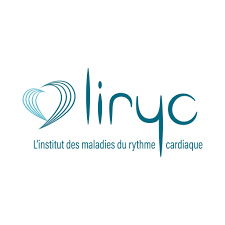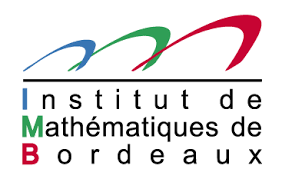
Team Leader
Academic Background:
PhD in Electrical and Computer Engineering, Institute of Biomedical Engineering, University of Toronto
Research Interests:
My research is centered on the computer simulation of cardiac function, primarily electrophysiological, but increasingly multiphysics.
I develop and implement mathematical models of the heart using my software, carpentry.
Detailed presentations of single cardiac myocytes are assembled together to form tissues and organs.
Fine biophysical details are represented in a, accurate geometry derived from imaging.
The resulting mathematical systems contain many equations and require powerful computers to solve.
I am interested in preventing and treating cardiac arrhythmias, both in the atria and ventricles.
In silico studies have the advantage that we have access to the entire system at every level, instead of limited to a few measurements.
Thus, we can relate ion channel function to ECG features, for example.
Computer simulation also allows testing and developing new therapies which would otherwise be impossible with patients.
However, computer models need to be validated before results obtained with them can be trusted.
This is an ongoing task with which I am occupied as well.
As such, I am also interested in recreating and interpretating clinical measurements.











 Carmen and Paty are best friends who did their PhD at Karlsruhe. They are now reunited again here at IHU LIRYC as colleagues and team members of our modeling team! Happy days, shared lunch and beautiful moments...
Carmen and Paty are best friends who did their PhD at Karlsruhe. They are now reunited again here at IHU LIRYC as colleagues and team members of our modeling team! Happy days, shared lunch and beautiful moments...










